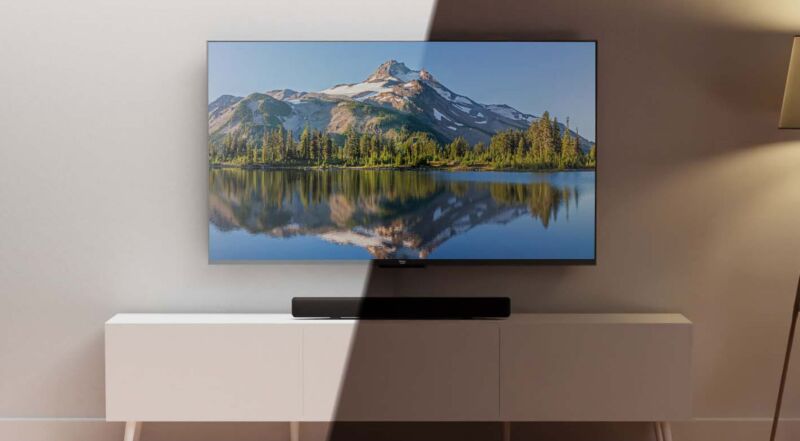
Alexa, how can you continue to be relevant and stop sucking money from Amazon?
That's not an easy question to answer, and the future of Amazon Alexa has never felt so uncertain. In November, Business Insider reported that Alexa “and other devices” were expected to lose Amazon $10 billion in 2022. Such large losses spotlight an enduring question: How are voice assistants supposed to make money? It’s a dilemma other voice assistants are struggling with, too.
In the case of Alexa, which has been integrated into various Amazon-branded products, from speakers and smart displays to a home robot and microwave, its best shot at survival has been under our noses—or in our living rooms—all along.
But it's still a long shot.
Amazon’s Alexa woes
After being introduced in 2014, Amazon Alexa, like competing voice assistants, struggled to make money and provide value to consumers beyond performing basic tasks, like providing the weather. Alexa’s challenges have been mounting, with Business Insider reporting that the “vast majority” of the $3 billion of losses in Amazon’s Worldwide Digital group (which comprises Alexa, Fire TV, Echo speakers, Prime Video, and more) in the first quarter of 2022 were tied to “Alexa and other devices.”
It’s at the point where people who work on the Alexa side of the business have been quoted as describing the voice assistant as “a colossal failure of imagination" and "a wasted opportunity." If that doesn’t paint a grim enough picture, consider the approximately 2,000 layoffs that Dave Limp, Amazon's hardware chief, told CNBC hit his division earlier this year.
Lack of (the right kinds of) engagement
Amazon hasn’t had problems selling devices with Alexa. The company has also claimed that engagement with Alexa grew by 30 percent in 2022, and more than half of Alexa users used the voice assistant to shop. But it’s unclear how much money Alexa is bringing in, considering reports of internal anxiety around declining Alexa engagement.
The problem is that the application people tend to use Alexa for, like checking if it will rain, don't make money, and many Alexa-powered devices are apparently sold at cost. Amazon was banking on Alexa driving purchases.
Alexa is most frequently associated with smart speakers, but with Echo speakers, it doesn’t come with ads and doesn't enable a good shopping experience, since you can’t view information like images and reviews.
But one place where customers can easily view items they may want to spend money on and use Alexa to facilitate purchases with is through Amazon's Fire TV sets and streaming devices. It's much easier to use Alexa to do things like grocery shopping when you're viewing the products on a sizable screen.
Further, Alexa is better positioned to recommend users to video streaming services. Users who aren't eager to use Alexa for grocery shopping might be more open to using it to find, say, a movie to rent. And if that Alexa engagement brings you to Prime Video, that’s all the better for Amazon.
At the same time, Amazon's Fire TV and Prime Video businesses, which are both part of the same Worldwide Digital business that has reportedly been bleeding money, seem to be doing better than Alexa.
“Alexa, where can I watch XYZ?”
While Alexa's situation seems precarious, Amazon’s TV-related businesses are in a much better place.
On March 22, Amazon announced that it has sold over 200 million Fire TV streaming devices and proprietary TVs. In January 2022, that number was 150 million. Amazon says Fire TV sets, which the company started selling in 2021, are the fastest-growing segment of its Fire TV business. The company expanded sales to Mexico, Germany, and the UK last week.
Again, Alexa isn't the only struggling voice assistant. One differentiator Amazon has in this confusing space is its TVs. The makers of the most popular voice assistants (Amazon, Apple, and Google) all make streaming devices, and Amazon and Apple have their own streaming video services. Amazon is currently the only one selling self-branded TVs, too (though there are TVs that run on the Google TV operating system). And with Fire TVs and Alexa both falling under Amazon’s Worldwide Digital group, the businesses complement one another.
reader comments
129